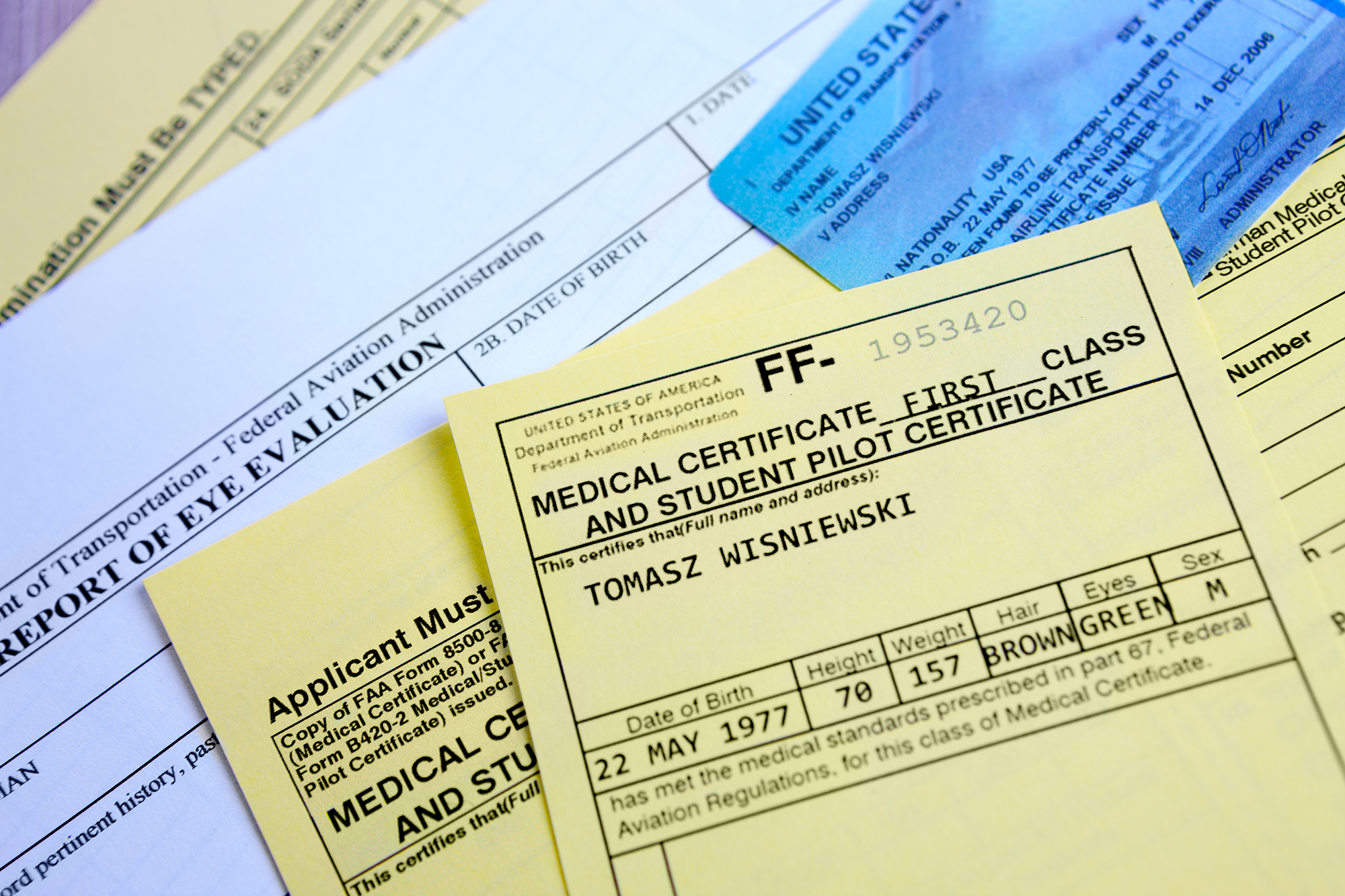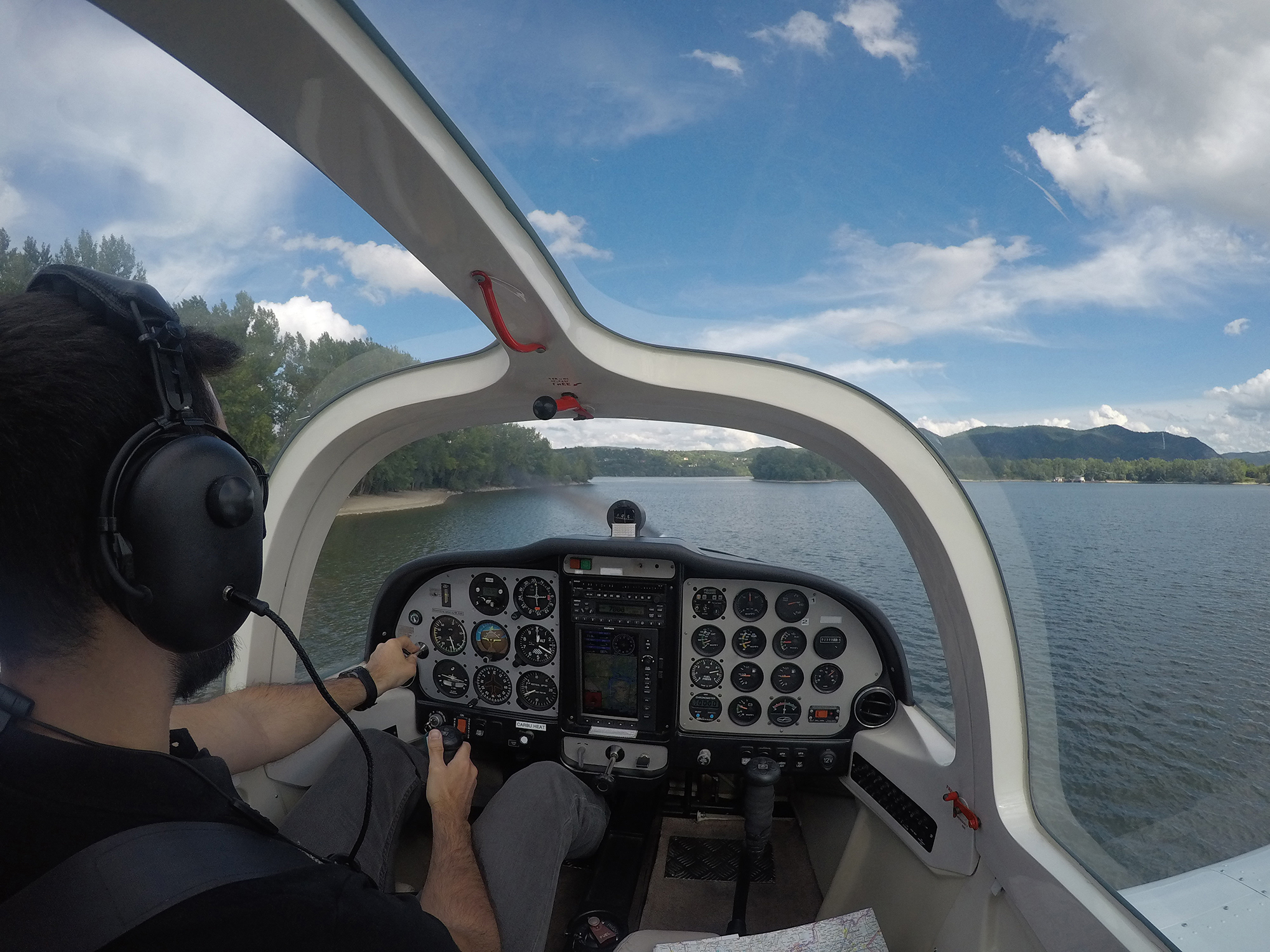Obtaining a Private Pilot Certificate is no easy task and requires a fair amount of effort and out-of-pocket expense. The last thing you’d want is for your hard earn license to become useless. This article will explain what you need to keep in mind to avoid turning your license into a paperweight.
Does a Private Pilot License (PPL) Expire?
A Private Pilot License (PPL) does not expire, but the Federal Aviation Administration (FAA) may permanently revoke it.
Even though a PPL doesn’t expire, you need to meet specific legal criteria to exercise the privileges of the license – If you do not, the license is practically invalid.
The three primary legal criteria required are a current medical certificate, a flight review every 24 calendar months, and if you intend to carry passengers, three takeoffs, and landings within the last 90 days.
Also, remember that you need to have your pilot license, government-issued ID, and medical certificate with you when exercising the privileges of your license as a pilot.
These requirements are not too difficult to maintain and regain, depending on how long your license has been expired.
The Flight Review
Unlike your initial check, which is performed by a Designated Pilot Examiner (DPE), your 24-month flight review can be performed by an instructor. The review is not as intense as your initial check and is intended more as a refresher than a test, and there is no oral exam required.
Speak to the instructor who will do your flight review and focus on areas you may struggle with. It is advisable that you schedule extra training with an instructor to ensure that you not only meet the standards set by the FAA but are comfortable with all normal and emergency procedures. It will also be of great benefit to undergo some additional ground school, particularly if you haven’t flown or haven’t studied some concepts in a long time.
If you obtain a new license or rating, such as your Commercial Pilot License (CPL), or multi-engine rating, this will count as a flight review as well. This is a great way to save time and money if you are able to schedule it correctly.
The Medical Certificate

Your medical certificate has an expiry date and must be reissued at set intervals depending on its class.
The medical certificate ranges from first to third class, with the first-class being the most restrictive.
Third Class Medical Certificate Expiry
You only require a third-class medical certificate for a Private Pilot License, which is valid for longer than a second or first class medical.
For pilots under 40, the third class medical is valid for 60 months (5 years). Above the age of 40, it is only valid for 24 months (2 years).
When a medical certificate is issued, the expiry date is the end of that calendar month. For example, if you renew your medical certificate on 03/13/2030, the medical certificate will only expire on 03/31/2032.
Suppose you turn 40 during the five years that your medical certificate is valid. In that case, the medical certificate will still only expire on the original date. Only when you renew you’re medical again will the medical certificate be valid for two years. So, if you receive or renew your third-class medical when you are 39, it will only expire when you’re 44 and then when you’re 46.
Second Class Medical Certificate Expiry
To obtain a Commercial Pilot License (CPL), you require a second or first-class medical certificate. A second-class medical certificate is valid for 12 calendar months but will become a third-class medical if it expires after the initial 12 months.
If you were under 40 when you underwent the exam, your second-class medical will be valid for 12 months, followed by 48 more months (4 years) as a third-class medical (5 years total).
If you were 40 or older when you underwent the exam, your second-class medical will be valid for 12 months, followed by 12 more months as a third-class medical (2 years total).
First Class Medical Certificate Expiry
To obtain an Airline Transport Pilot License, you require a first-class medical certificate. The first-class medical certificate has the strictest requirements and shortest periods of validity.
If you are over the age of 40, your first-class medical certificate is valid for six months.
If you are under the age of 40, your first-class medical certificate is valid for 12 months.
Similar to the second-class medical, your first-class medical certificate will downgrade to a second and then third-class medical as it expires.
If you are under 40 years of age when you undertake the medical exam for a first-class medical:
- Your first-class medical is valid for 12 months, followed by 12 months as a second class, followed by 36 months as a third class. (60 months / 5 years total)
If you are over 40 years of age when you undertake the medical exam for a first-class medical:
- Your first-class medical is valid for six months, followed by six months as a second class, followed by 12 months as a third class. (24 calendar months / two years total)
Takeoff and Landings Within 90 Days

You can legally fly solo without any takeoff and landing currency requirements. If you want to take passengers, however, you require three takeoffs and landings within the preceding 90 days in the category (e.g., airplane/helicopter), class (e.g., single-engine land, multi-engine land), and type (if a type rating is required) of aircraft. If you intend to fly a tailwheel aircraft, these landings must be to a full-stop.
Daytime and nighttime takeoff and landing requirements are separate, so if you intend on carrying passengers at night, you will have to perform these takeoffs and landings at night.
Conclusion
Keeping your pilot license active is not difficult but requires some pre-planning to avoid a situation where you end up flying illegally. Don’t get caught with an invalid license. If you fail to plan, you plan to fail!

 @pilotinstituteairplanes
@pilotinstituteairplanes


